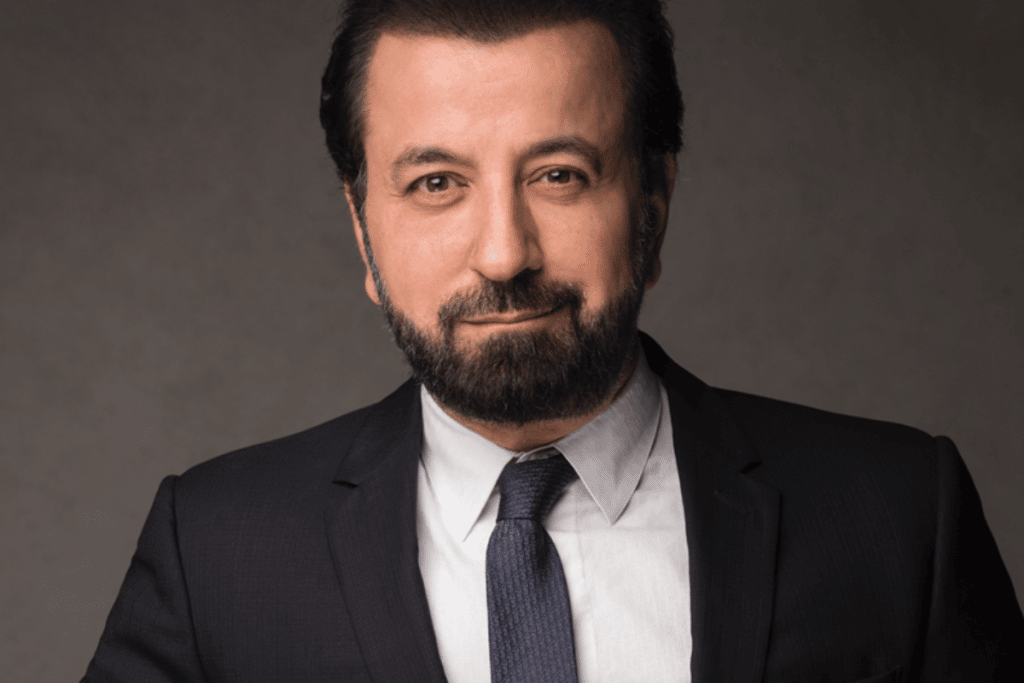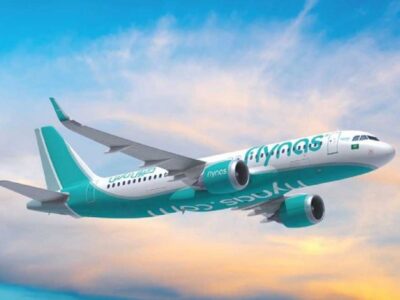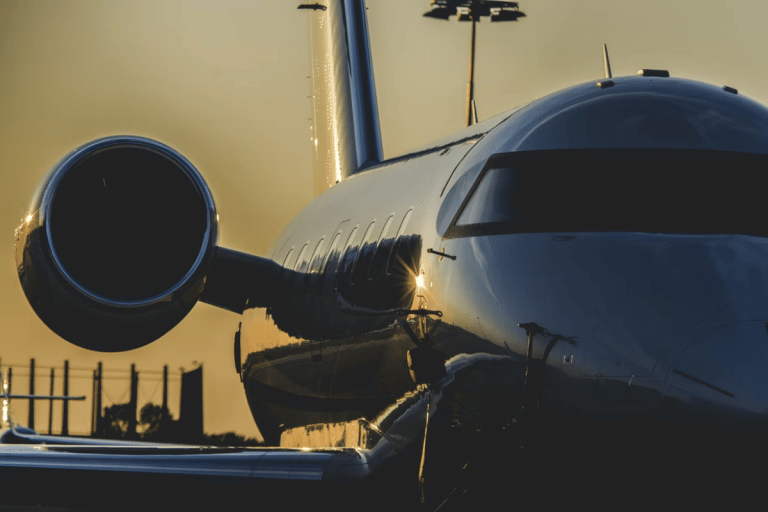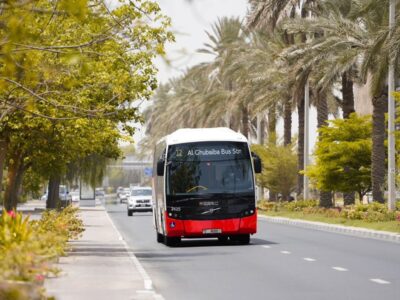Private jets have been popular for a long time now – and backlash is building up as climate change negotiations gain more ground.
According to WingX Advance data, “global business jet activity in 2021 beat any previous year on record with 3.3 million flights from January through December, up 7 percent from 2019.”
In a pandemic world, these aircrafts found favour among those limited by travel restrictions, but in a post-pandemic world, the aircrafts have been known to set off the highest carbon dioxide emissions over short travel times – even more than commercial jets.
Aircrafts produce carbon dioxide from burning fuel, which contribute to global warming. The emissions per kilometre is higher than any other form of transport – but can vary depending on size, occupancy and efficiency.
In a 2021 report published by Transport & Environment, a European clean transport campaign group, the data summarised that “in just one hour, a single private jet can emit two tonnes of carbon dioxide.”
As private jet use continues to be popular, its global impact calls for a more sustainable solution.
Investments in sustainable aviation fuels

According to air transport action group (ATAG), aviation is responsible for 12 percent of carbon dioxide emissions from all transport sources, compared to 74 percent from road transport, as seen on their website.
As a solution, sustainable aviation fuels (SAF) have found favour among private jet operators.
“The key to carbon-neutral flying lies in the use of SAF. Compared to fossil fuels, currently available SAFs (so-called advanced biofuels) allow savings of up to 80 percent in carbon emissions. Power-to-Liquid or Sun-to-Liquid processes make it possible to produce almost completely carbon-neutral fuels,” Jetex’s founder and chief executive officer Adel Mardini told Arabian Business in an interview.
SAF reduces up to 90 pecent in carbon emissions over the lifecycle of the fuel, compared to traditional jet fuel RED, Mardini explained, adding that Jetex complies with the emission reduction goals of the international air transport association (IATA).
Despite being the ideal solution for reduced carbon emissions, this type of fuel is “hard to come by,” DC Aviation Al-Futtaim’s managing director Holger Ostheimer said.
“It [SAF] represents less than 0.1 percent of the global consumption. Over the next three years oil companies are striving to increase output 20-fold. Aviation fuel represents 3 percent of human-induced worldwide carbon emission. Even if the industry was going to materialise their efforts, the actual effect will be minimum given the share of carbon associated with air travel.”
Ostheimer added that hydrogen propulsion could be the “cleanest solution,” for aircrafts, although “no real progress is expected for another 20-25 years,” as per his private studies.
Sustainable partnerships for a greener future

As private jets top the list for the highest carbon footprint, it is “user based,” according to Ostheimer.
“Aircraft owners using the private jet or aircraft charter clients renting a business jet have the option to offset their carbon foot print. Many aircraft operators are in the preparatory stages to offer such offset programs though affiliated partners,” he told Arabian Business.
Partnerships for such an industry are essential, Mardini added.
He said: “We offer SAF produced by TotalEnergies in France, made from cooking oil. We have also partnered with Eve Urban Air Mobility (UAM), a Brazilian subsidiary, to design a safe, accessible and green air mobility ecosystem and with Volocopter to define a safe and sustainable model of UAM.”
The use of cooking oil to power an aircraft isn’t new to the industry. Recently, an Airbus A350 completed a three-hour flight from Toulouse-Blagnac Airport in France to Nice, using cooking oil supplied by TotalEnergies in France.
The oil was made from Hydroprocessed Esters and Fatty Acids (HEFA), which is rid of both aromatics and sulfur, and was used by Airbus in its efforts to bring the world’s first zero-emission aircraft to market by 2035.
Another alternative, suggested by Jetex’s Mardini, is the use of eVTOL – electric vertical takeoff and landing, which is “paving the way for UAM.”
“The new eVTOL aircraft concept results from a broad range of tests and simulations, aiming at operational optimisation for the urban environment, considering high reliability, low operating costs, a lower noise footprint, being fully electric powered and progressively autonomous,” Mardini explained, adding this model would curb air and noise pollution, allowing electric flights to continue through the night and early mornings, unlike commercial flights.
The ultra-rich are responsible
While aviation companies like Jetex and DC Aviation Al-Futtaim strengthen their efforts to reduce carbon emissions, private jet use continue to be questionable, especially because the ultra-rich were reported to be taking 17-minute and 14-minute flights.
Recently, US pop singer Taylor Swift was identified as the “biggest celebrity carbon dioxide polluter” of the year so far, as she is claimed to have taken 170 flights since January, with emissions totalling more than 8,293 metric tons.
Twenty-four-year-old celebrity entrepreneur Kylie Jenner also faced backlash for taking a private jet from Van Nuys in Los Angeles to the nearby town of Camarillo, which lasted only 17 minutes.
While the emissions weren’t as drastic, it contributed to a quarter of the total annual carbon footprint of the average person, globally. Jenner has also been known for taking her jet for trips that lasted nine minutes.
Other celebrities known for taking minute-based jaunts include US celebrities Alex Rodriguez, Floyd Mayweather and rappers Drake and Jay Z.
With the ultra-rich focused on personal convenience and comfort, “it is vital for the future of aviation to continue to address climate change,” while making necessary efforts to curb carbon dioxide emissions, Jetex’s Mardini concluded.








